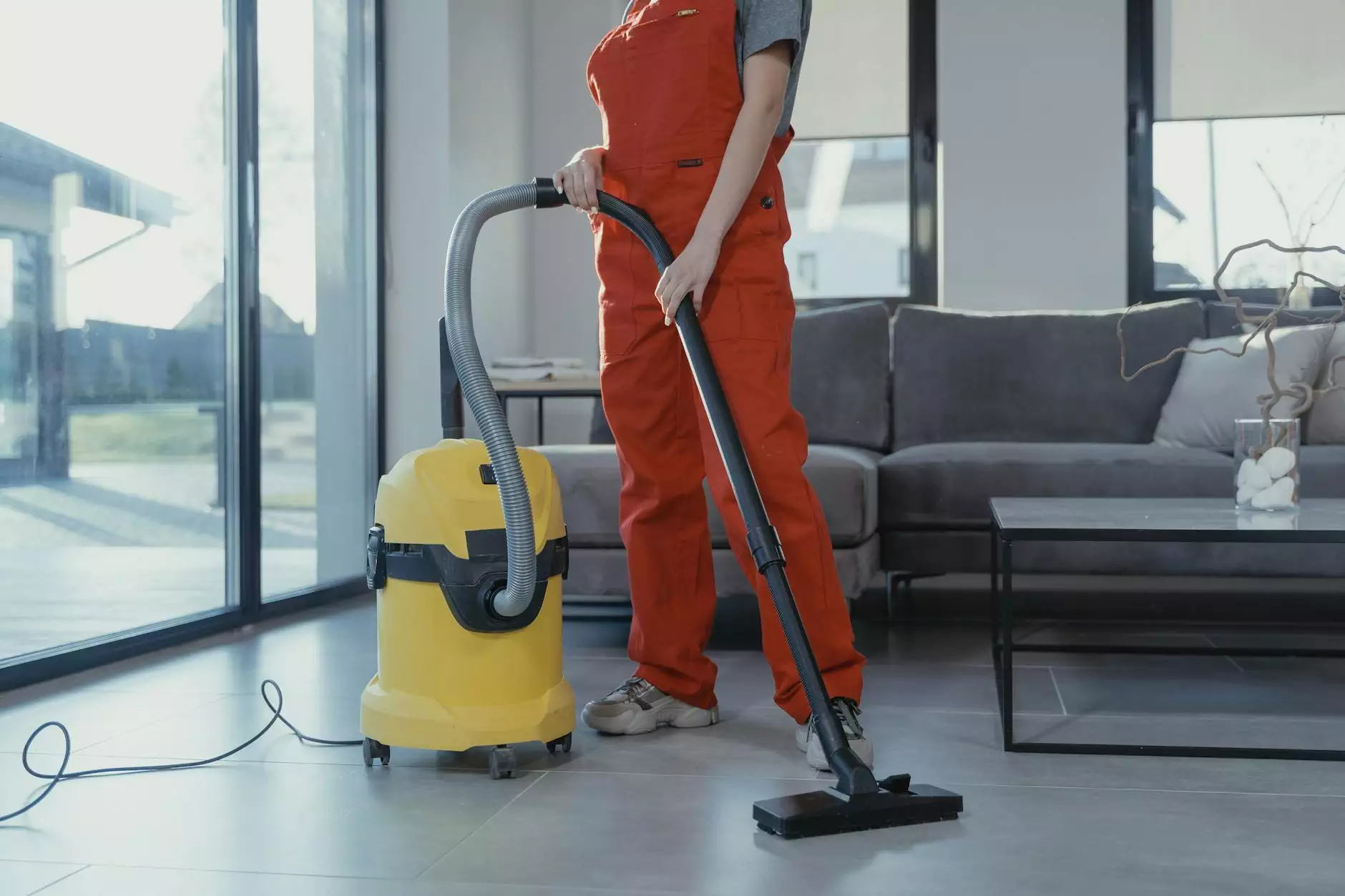The Essential Guide to Efficient Washing in Restaurants

In the bustling world of the restaurant industry, hygiene and cleanliness are paramount. One crucial aspect of maintaining a restaurant's reputation for excellence is through the meticulous washing of various items, including linens, kitchenware, and utensils. This comprehensive guide focuses on the importance of proper washing in restaurants, detailing best practices, techniques, and the critical role it plays in overall operations. By embracing these strategies, restaurant owners can ensure their establishment shines in both cleanliness and food quality, thereby attracting more customers and enhancing their reputation.
Why Washing Matters in Restaurants
The Impact on Customer Satisfaction
Customer satisfaction is at the core of any successful restaurant. Dirty linens and kitchenware can seriously undermine the dining experience, leading to negative reviews and loss of repeat business. Studies show that customers are more likely to return to a restaurant that maintains high cleanliness standards, as they associate it with quality food and service.
Health and Safety Compliance
Restaurants face strict regulations regarding health and safety. Proper washing practices help to ensure compliance with these regulations, thereby avoiding potential fines and closures. Regular cleaning and sanitizing of kitchen areas, utensils, and dining linens are not just best practices—they're legal requirements.
Enhanced Reputation and Brand Loyalty
In today’s digital age, one customer’s negative experience can be shared widely through online reviews and social media. By investing time and resources into proper washing practices, restaurants can build a strong reputation and foster brand loyalty, resulting in long-term success.
Best Practices for Washing Restaurant Linens
Understanding the Types of Linens Used in Restaurants
Restaurants utilize a variety of linens, including tablecloths, napkins, and staff uniforms. Each type requires specific washing techniques to maintain quality and longevity. Here’s a breakdown:
- Table Linens: These require regular washing to remove stains and odors effectively.
- Napkins: Often used multiple times per service, these should be washed after every use.
- Staff Uniforms: Clean uniforms not only look professional but also promote hygiene in food handling.
Steps to Efficiently Wash Restaurant Linens
- Sort Linens: Separate by color and type to prevent discoloration and damage.
- Pre-treat Stains: Use a stain remover on tough spots before washing.
- Choose the Right Washing Machine Settings: Ensure you are using appropriate temperature settings; usually, hot water is best for cleaning.
- Use High-Quality Detergents: Invest in commercial-grade detergents that effectively remove grease and stubborn stains.
- Dry Properly: Dry linens according to the fabric type, ensuring they maintain their shape and quality.
Washing Kitchenware and Utensils: A Non-Negotiable Standard
Importance of Proper Washing
Kitchenware and utensils gather bacteria and grime rapidly. Proper washing techniques not only promote cleanliness but also minimize the risk of cross-contamination, a critical concern in food preparation.
Steps for Washing Kitchenware
- Scrape off Food Residue: Always scrape plates and utensils before washing to maintain efficiency.
- Use a Three-Compartment Sink: This system allows for washing, rinsing, and sanitizing in separate areas.
- Use Appropriate Water Temperatures: Hot water is efficient for cleaning but remember to adhere to the recommended temperatures for sanitization.
- Sanitize: Use food-safe sanitizers to ensure that all surfaces are free of harmful bacteria.
The Role of Professional Washing Services
Why Outsource Your Washing Needs?
Many restaurants opt for professional washing services to enhance efficiency and consistency. By outsourcing these tasks, restaurant owners can focus on their core business functions, such as food preparation and customer service. Here are some benefits:
- Time-Saving: Free up staff time for more critical tasks.
- Expertise: Professional services are equipped with the knowledge and equipment to handle all types of washing.
- Cost-Effective: Reduces the need for costly equipment and maintenance.
Tips for Creating an Effective Washing Routine
Establishing Standard Operating Procedures (SOPs)
A well-defined SOP for washing can streamline operations and ensure consistency across the board. Here’s how to create an effective SOP for washing restaurant items:
- Document Processes: Clearly outline each step from sorting to drying in written form.
- Train Staff: Ensure that all employees understand and can execute the SOP effectively.
- Monitor Compliance: Regularly check to ensure staff adhere to the procedures.
Regular Maintenance of Washing Equipment
Regular maintenance of washing machines and sinks is crucial. A poorly maintained machine can lead to inefficient cleaning and even permanent damage to items. Create a routine for checking and servicing equipment, ensuring all functions operate smoothly.
Innovative Technologies in Washing Restaurants
Automation in Washing Processes
The advancement of technology in the restaurant industry has led to innovative washing solutions. Automated systems can save time and reduce labor costs. Consider investing in machines that integrate washing and drying cycles to further streamline operations.
The Future of Eco-Friendly Washing Solutions
Consumers are increasingly concerned about environmental sustainability. Restaurant owners can appeal to this demographic by implementing eco-friendly washing solutions:
- Energy-efficient machines: Reduce energy consumption while maintaining high cleaning standards.
- Biodegradable detergents: Use detergents that minimize environmental impact.
- Water-saving technologies: Implement systems that recycle water for washing use.
Conclusion: The Critical Importance of Washing in Restaurants
In conclusion, the importance of washing in restaurants cannot be overstated. From enhancing customer satisfaction to ensuring compliance with health regulations, proper washing practices are essential for any successful restaurant operation. By implementing effective techniques, training staff, and possibly outsourcing washing needs, restaurant owners can focus on delivering exceptional dining experiences. Investing in washing restaurant linens, kitchenware, and utensils is not just a matter of cleanliness; it’s a commitment to quality that will reflect positively on the entire establishment.
With the growing emphasis on sustainability and hygiene, restaurants are already innovating and adapting to ensure they meet the expectations of today’s consumers. In the competitive world of hospitality, focusing on efficient washing practices can make all the difference in standing out and succeeding.









